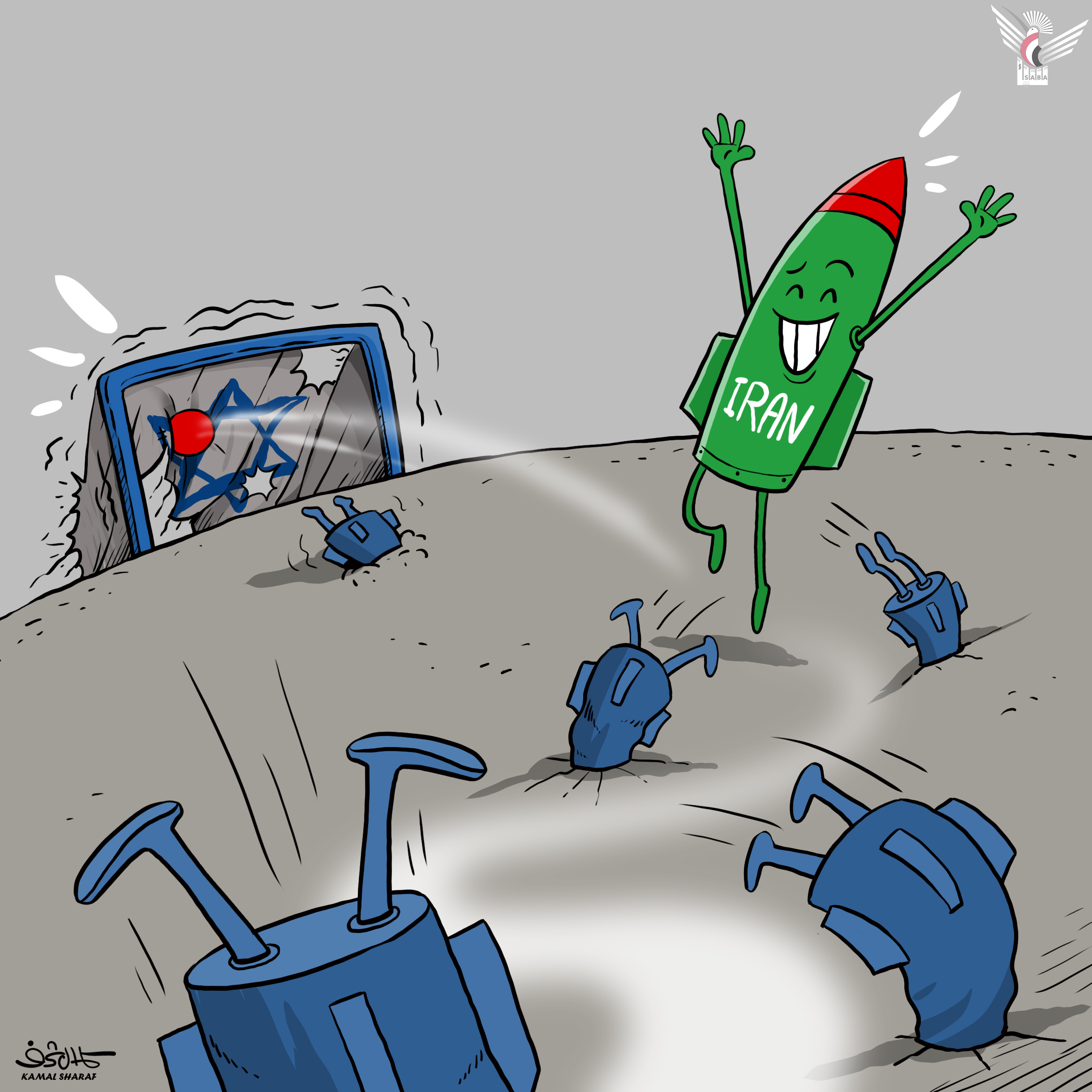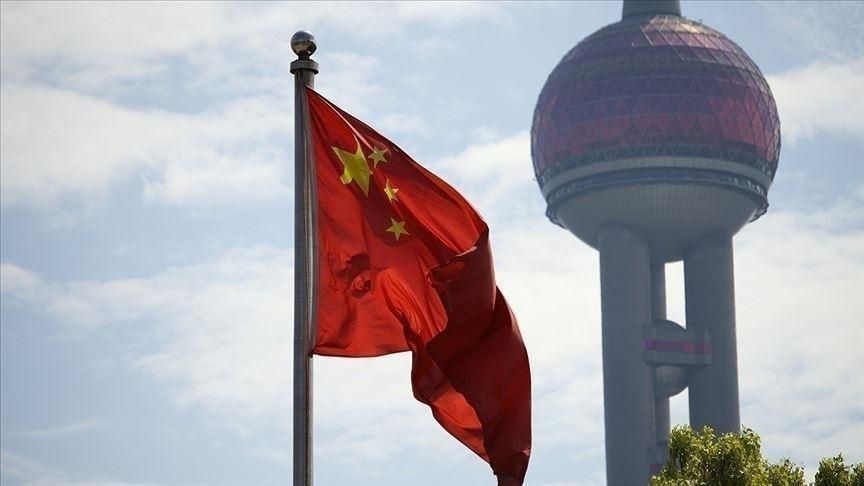Beijing - (Saba):
Chinese state media reported on Sunday that the US administration is currently repeating in Iran the "mistake" it made when it invaded Iraq in 2003.
This came in a commentary by China Global Television Network (CGTN) on the US attacks that targeted Iran's Fordow, Natanz, and Isfahan nuclear facilities at dawn today.
The network explained, in an article on its website, that the United States "resorted to war to end the conflict between Israel and Iran," noting that this move "represents a dangerous turning point in the already fragile Middle East."
It emphasized that the Middle East "is a complex mosaic of alliances, enmities, and proxy conflicts."
It indicated that US attacks on Iranian nuclear facilities and military infrastructure "could provoke retaliatory responses not only from Iran, but also from its regional allies and proxies, potentially igniting a wider regional war." She pointed out that history has repeatedly proven that military interventions in the Middle East have led to unforeseen consequences, such as protracted conflicts and regional instability.
The network continued: "In 2003, the United States invaded Iraq based on distorted intelligence. What was the result? Washington's intervention led to disaster, pushing the region toward chaos and sectarian strife."
She added: "After 20 years of occupation, Iraq still lacks stable governance and suffers from the rise of militias and other problems that America has failed to resolve."
She asked: "Is the Donald Trump administration now repeating the same mistakes, but this time in Iran, which is three times larger than Iraq?"
She concluded by emphasizing that dialogue and negotiation are still possible, noting that this is "the only hope for achieving stability in the Middle East and the world."
On Sunday morning, the United States entered the Israeli war against Iran, with President Donald Trump announcing a "highly successful" attack targeting three nuclear sites in Iran: the Fordow, Natanz, and Isfahan facilities.

| more of (International) |




